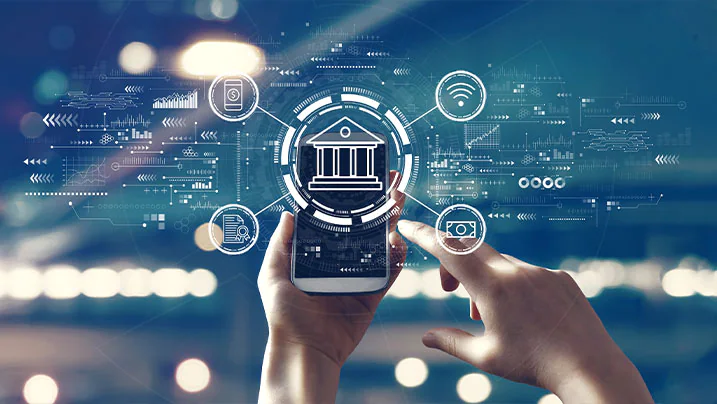Keeping Your Money Safe: Cybersecurity Tips for Online Banking
The convenience of online banking is undeniable. With a few clicks, you can check your balance, transfer funds, and even pay bills. But with this ease comes the responsibility to protect your financial information from cybercriminals. Here are some key cybersecurity tips to keep your money safe when banking online
1. Use Strong, Unique Passwords
A strong password is your first line of defense against cybercriminals. Create complex passwords that combine upper and lower case letters, numbers, and special characters. Avoid using easily guessable information, such as birthdays or common words. Additionally, never reuse passwords across multiple sites. Use a password manager to generate and store unique passwords for each of your accounts.
2. Enable Two-Factor Authentication (2FA)
Two-factor authentication adds an extra layer of security by requiring two forms of verification before you can access your account. This typically involves something you know (your password) and something you have (a code sent to your phone). Enabling 2FA significantly reduces the risk of unauthorized access, even if your password is compromised.
3. Be Wary of Phishing Scams
Phishing scams are attempts by cybercriminals to trick you into revealing your personal information. They often come in the form of emails, text messages, or phone calls that appear to be from your bank. Be cautious of any communication that asks for your account details or personal information. Always verify the source by contacting your bank directly using a known, legitimate phone number or website.
4. Monitor Your Accounts Regularly
Regularly checking your bank statements and transaction history can help you quickly identify any unauthorized activity. Most banks offer real-time alerts for transactions, which can be a helpful tool in monitoring your account. If you notice any suspicious activity, report it to your bank immediately.
5. Keep Your Software Up to Date
Ensure that your computer, smartphone, and any other devices you use for online banking are running the latest software and security updates. These updates often include important patches that fix vulnerabilities and protect against new threats. Also, install and maintain reputable antivirus software to provide an additional layer of protection.
6. Avoid Public Wi-Fi for Banking
Public Wi-Fi networks are often insecure, making them a prime target for hackers looking to intercept your data. Avoid accessing your bank account over public Wi-Fi. If you must use public Wi-Fi, consider using a virtual private network (VPN) to encrypt your internet connection and protect your data.
7. Use Your Bank’s Mobile App
Banking apps are generally more secure than mobile browsers because they have built-in security features designed to protect your information. Download the app from your bank’s official website or a trusted app store, and avoid third-party apps that could be malicious.
8. Log Out After Each Session
Always log out of your online banking session when you’re finished, especially if you’re using a shared or public computer. Simply closing the browser window or app may not be enough to end your session and secure your account.
9. Be Mindful of Your Physical Security
Cybersecurity isn’t just about protecting your digital presence. Be mindful of your surroundings when accessing your bank account in public places. Shield your screen from prying eyes and never leave your devices unattended.
10. Stay Informed
Cyber threats are constantly evolving, and staying informed about the latest scams and security tips can help you stay ahead of potential risks. Many banks offer educational resources and updates on their websites. Take advantage of these resources to stay informed and proactive about your online security.
Conclusion
Online banking offers unparalleled convenience, but it also comes with its own set of risks. By implementing these cybersecurity tips, you can significantly reduce your vulnerability to cyber threats and keep your financial information safe. Stay vigilant, stay informed, and take proactive steps to protect your money in the digital world.














Post Comment